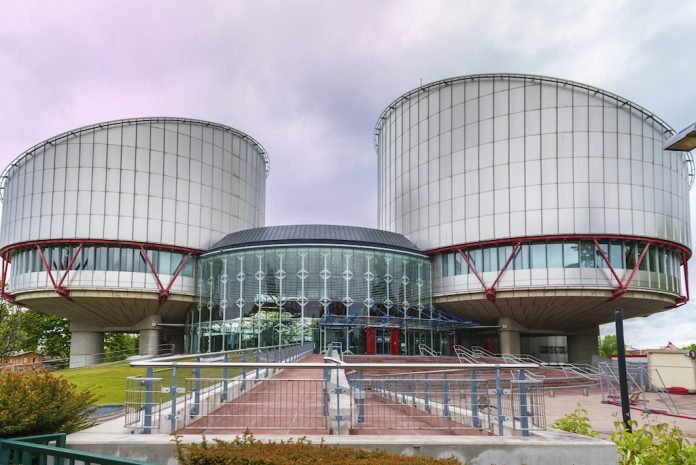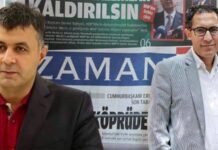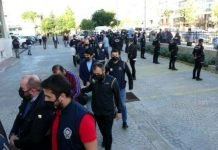The European Court of Human Rights (ECtHR) has ruled that secret witness testimony, which Turkish courts have accepted as evidence, particularly in the trials of political dissidents, cannot be considered sufficient evidence to warrant convictions, Deutsche Welle (DW) Turkish service reported.
According to the ECtHR if the defense does not know the identity of the witness, then they are deprived of the opportunity at any stage in the proceedings to question or cast doubt on the credibility of the witness.
The decision stipulates that unless a conviction is based on other solid evidence, secret witness testimony alone cannot be grounds for lawful conviction.
The decision came after Hasan Bakır, the district head of the pro-Kurdish Democratic Society Party (DTP), which was closed in 2009, applied to the ECtHR, claiming that he was unlawfully convicted.
Bakır was sentenced to three years in prison after the testimony of a secret witness who claimed that Bakır was involved in activities supporting the outlawed Kurdistan Workers’ Party (PKK), an armed secessionist group designated as a terrorist organization by Turkey, the United States and the European Union.
The DTP was closed for alleged connections to the PKK, and Turkish authorities prosecuted several party members. A total of 54 members had been arrested by October 2009.
According to DW, lawyers have argued that the ECtHR’s decision will set a precedent for other terror-related cases in Turkey.
Secret witness testimony has been accepted as evidence in Turkey since 2008. Since then it has come under scrutiny by lawyers and activists for leading to the violation of rights of political dissidents.
There have been incidents showing that such testimony is controversial and unreliable.
Lawyer Sevda Çelik Özbingöl was arrested on terrorism charges in the southeastern city Urfa based on two secret witness testimonies and her social media activities.
Özbingöl applied to the ECtHR in April, claiming that her arrest was not based on any concrete evidence and that she was deliberately punished and forced into silence for expressing her political views.
In another case, a secret witness identified by the initials I.I., whose testimony against 43 people led to arrests in several political cases, said in a letter to lawyers involved in the cases that he had testified under physical torture and after his family was threatened.
“I was threatened with arrest unless I testified,” İ.İ. wrote in his letter, published by the Bianet news website. “I demand the rescission of this testimony, which I did not give of my own volition.”
There has also been a case in which the police denied the existence of a secret witness, whose statements were used in an indictment against two persons facing life sentences.
The secret witness’s statements were used as evidence against M.Z.Ç. and his friend H.B. in a case in which co-mayors of the pro-Kurdish Peoples’ Democratic Party (HDP) and some members and officials of the Democratic Regions Party (DBP), the HDP’s sister organization, were standing trial.
In 2017, one anonymous witness said he did not know the names of the defendants that he previously accused of collecting money to finance the activities of the Gülen movement, a faith-based movement inspired by Muslim cleric Fethullah Gülen. As the judge read the names of 145 defendants one by one, the secret witness said he did not know any of them.
















